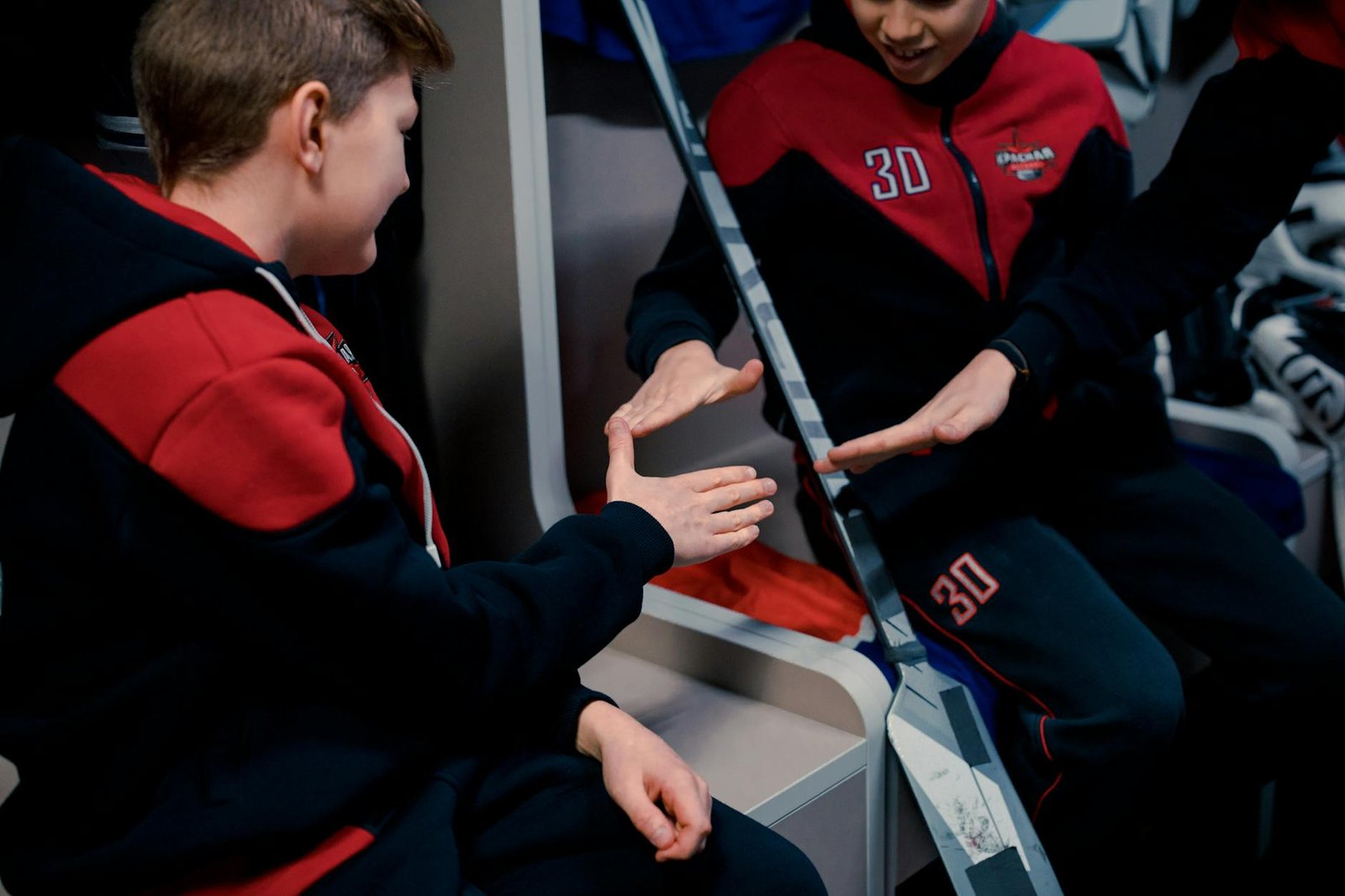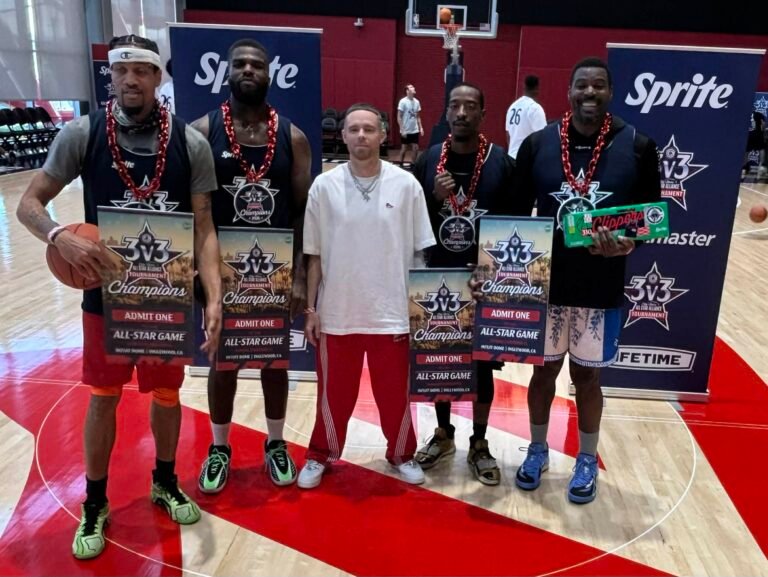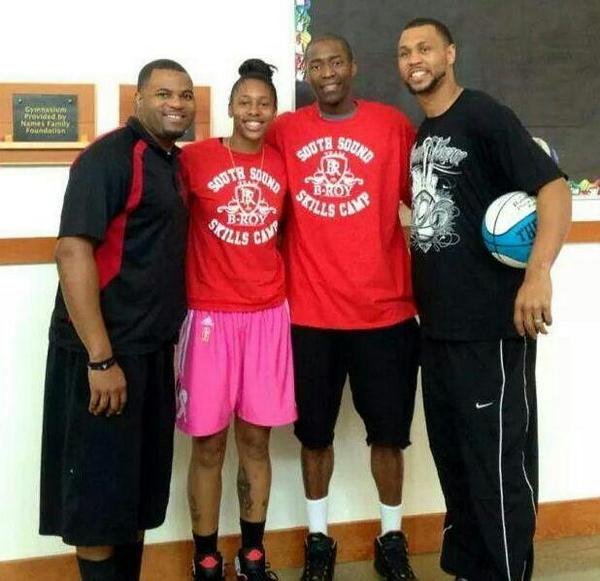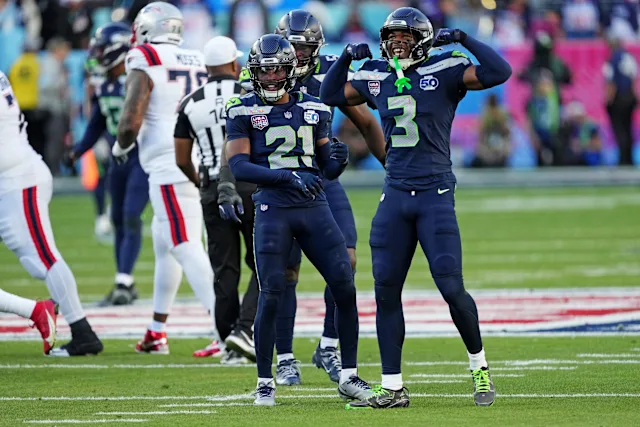
pexels-photo-8971920[1]
Sports culture is everywhere. It’s in the roar of a packed stadium, the traditions passed from fans to future generations, and those little moments of joy after a game. Sports, entertainment, and culture are linked in ways that shape how people connect, celebrate, and belong. Whether it’s watching the Super Bowl or joining a community soccer league, sports culture is a force that unites and excites.
Understanding Sports Culture
 Photo by Ron Lach
Photo by Ron Lach
Sports culture is the collection of values, rituals, and beliefs that shape the way people interact with sports. These shared customs can be as simple as wearing team colors, singing anthems, or respecting post-game handshakes. The culture grows over time, shaped by childhood games, iconic moments, and lively debates among fans. It becomes a language, letting people share pride and disappointment without saying a word.
In many societies, sports customs are pivotal for bringing people together, creating memories, and teaching life lessons. From little league trophies to Olympic parades, sports culture can turn everyday events into cherished traditions. It influences how people watch, play, and talk about sports, building a connection that transcends generations and backgrounds. For a deeper exploration, see this overview on sports culture.
Core Values and Beliefs in Sports Culture
At its heart, sports culture stands on a few solid values:
- Perseverance: Athletes push through tough times, injuries, and setbacks, showing that grit matters more than talent alone.
- Discipline: Strict training and following rules go beyond the field. They reflect the respect needed to play fair and work hard.
- Camaraderie: Sharing a laugh in the locker room or high-fiving a teammate builds trust and friendship—vital for any team.
- Competition: Healthy rivalry brings out the best in players and fans, teaching people to aim higher and never settle.
- Community Spirit: From local games to world championships, sports foster belonging and shared pride.
You see these values playing out in every major sport. Basketball’s team-first attitude, soccer’s never-give-up attitude, and baseball’s respect for the game spotlight these core beliefs. The traditions, whether it’s a hockey team’s pregame handshake or a hometown parade after a big win, keep these values alive. Read more examples of how sports culture builds values at Sport in culture.
Sports as a Reflection of Society
Sports culture often echoes what’s happening in the wider world. It mirrors social struggles, victories, and transformations. Think of the civil rights movement, when Black athletes like Jackie Robinson and Muhammad Ali used sports to highlight racism and push for change. Today, athletes kneeling during national anthems draw attention to social justice issues and spark big conversations across the country. These actions show how the field can reflect divisions, hopes, and the spirit of a whole society.
Sports also bridge divides, letting people come together around a shared purpose, no matter their background. Communities often rally behind local teams, crossing lines of age, race, or class. Moments in sports history highlight progress and change, such as women breaking new ground on the playing field or unified teams in Olympic games.
Learn more about the social impact of sports culture and how it intersects with identity at Sports Culture is American Culture.
The Influence of Sports on Entertainment and Daily Life
The mix of sports, entertainment, and culture creates some of the world’s most watched, talked about, and copied experiences. From the halftime shows at major games to kids wearing their favorite player’s sneakers, the influence stretches far outside stadium walls.
Sporting events shape entertainment in countless ways. They inspire movies, TV shows, and even music. When an underdog wins a championship, the story often becomes a Hollywood script. Broadcasts bring big games into homes everywhere, turning strangers into friends rooting for the same goal.
Sports in Media and Pop Culture
Athletes and teams are real-life superheroes. They star in commercials, inspire blockbuster movies, and their influence even shapes streetwear trends. The Nike swoosh grew famous thanks to basketball legend Michael Jordan, while songs and dances from sporting events became pop culture staples.
Sports video games put fans in the action. Endorsements and highlight reels create household names, boosting everything from movie premieres to charity campaigns. Read more about how sporting icons leave a mark on pop culture in this article on The Impact of Sports on Pop Culture.
Global Events and Cultural Connectivity
Few things create buzz like the World Cup or the Olympics. These global gatherings bring together cultures from every corner, encouraging friendly competition and shared celebration. Streets fill with cheering crowds, country flags fly high, and for a few weeks, millions of people speak the same language — sports.
These events are more than just games; they foster pride and connection across cultures and communities. Local businesses see a boost, students in classrooms talk about highlights, and families gather to watch late-night games. The impact is pervasive, making these events an integral part of daily life. This effect is clear in the way whole cities transform during championship runs or Olympic years. For an engaging look at the effect of sports on entertainment, visit ‘The Vital Role of Sports in the Entertainment World.’
Conclusion
Sports culture does more than fill arenas or sell jerseys. It shapes identity, sparks new trends in entertainment, and connects friends, families, and even strangers. The relationship between sports, entertainment, and culture continues to evolve, but its heart remains the same—bringing people together, fueling passion, and inspiring pride.
For anyone who loves a great comeback, a shared chant, or the feeling of belonging in a sea of fans, sports culture will always have a place in daily life and community. Its energy and excitement remain strong worldwide, proof that the game’s draw never fades.




